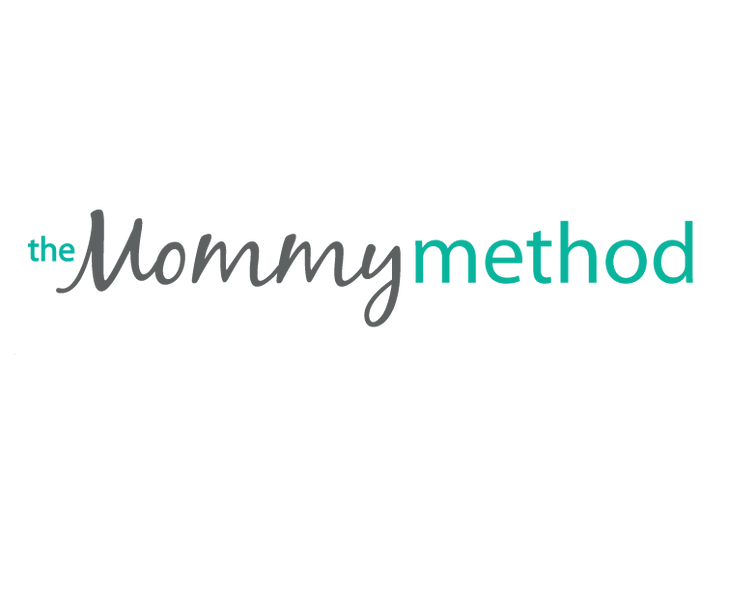Why You Should Write a Lullaby
- Marie Bigelow
- Oct 14, 2015
- 4 min read
What if I told you there was one thing you could do that would involve your husband in your pregnancy, strengthen your relationship with him, help both of you bond prenatally with your baby, and soothe your baby after birth and for years to come? Would you do it?!
As a music therapist and childbirth educator, I have been helping couples write their own lullabies for over a decade, and I have seen lullabies do all of those things.
Throughout the history of time, man has always turned to music when words just weren't enough. Music stirs our emotions and touches our hearts. It helps us say what we feel inside when we do not have the appropriate words, and is an ideal medium to express the love a parent feels for a child. Writing a lullaby provides parents with this unique opportunity.
Lullaby writing takes parental love and turns it into something that is not only musical but tangible – something the child can cherish his/her entire life. It gives the parents a creative yet concrete way, to share their love for their child on a daily basis.

Couple Bonding
By uniting together to write a lullaby, the couple strengthens their own relationship. Their emotions are heightened through the music and they are brought closer together through their shared love for the child. Working together to create something beautiful cannot help but bring people together! Writing music together also ensures that the couple is spending quality time together, something that is often overlooked as parents busily prepare for a new baby.
Paternal involvement
In today's busy world, there is little time for fathers to be involved in much of the pre-baby productivity. Decorating the nursery, picking out clothing and stocking up on diapers are things that most mothers do themselves and typically enjoy. Fathers need to take time to think about and prepare for the baby, too. While the task of music writing may be intimidating or disenchanting, sometimes the most reluctant father becomes the most opinionated about lyrics or melody. It is incredibly rewarding to see a soon-to-be father come out of his comfort shell and really start to share his feelings about his child with his partner through the music.
Prenatal bonding
Once the lullaby is completed, I encourage both parents to sing it to their child on a daily basis to promote prenatal bonding. This assures that the parents are taking time from their busy days to quietly love and bond with their child through song. When couples sing their lullaby to their unborn child their brains create a hormone called oxytocin. This hormone is key to bonding and long-term relationships. Increased levels of oxytocin promote strong familial bonds, and can even help a slow labor pick up the pace.
Comforting the Newborn
Since sound is the only sense that is the same inside and outside of the womb, it is a powerful avenue to use directly after birth. When the lullaby is used during the pregnancy, the child will recognize it after birth. This will help the newborn orientate to his/her new environment and find that secure base in the voice of his/her parents. It is a magical moment when mother, father and
baby are together for the first time in the outside world. The lullaby creates the perfect atmosphere to welcome their new child. It should be sung often the first few days after birth to help the newborn feel safe and relaxed. Several of my clients have had babies in the NICU and found the lullaby to be a great comfort to themselves and their child in that often stressful setting.
Soothing the Infant
There is no right or wrong way to use a lullaby. Some new mothers enjoy singing it (often along with other songs) while nursing. Other parents use it only at naptime and bedtime as a signal that it is time to get drowsy. When used consistently, even the most active child will be soothed and settled down by their lullaby as it trains their body to relax each time they hear it. Some parents choose to use the lullaby any time the child is upset and needs soothing.
I recently received an e-mail from a past client, expressing her love of the lullaby she and her husband wrote for their now one year old. It said:
“I wanted to thank you again for the Music Birth class, especially the lullaby we wrote together for our babies. I sing it to A. everyday. I even made up some more verses to it. It is just so special to me and to A. Sometimes it seems to be the only thing that will calm her down. If and when we have a second child I will want to take the Music Birth class again because I want my second child to have a lullaby all his/her own!”
Conclusion
Since lullabies are found in every culture, we can easily conclude that lullabies not only work, but that they are a meaningful part of parenting, too. If you don’t know how to write an original lullaby, use the music from one that you already know and change the words. Keep the lyrics simple and heartfelt. And don’t worry about how good of a singer you are. Babies always prefer the voices of their parents.
Marie-Ange Bigelow graduated magna cum laude from Utah State University with a degree in Music Therapy. She has been a certified doula and childbirth educator for over 10 years and specializes in Music Therapy Assisted Childbirth. Marie resides in Boise, ID, with her husband, Todd, and their four children.






Comments